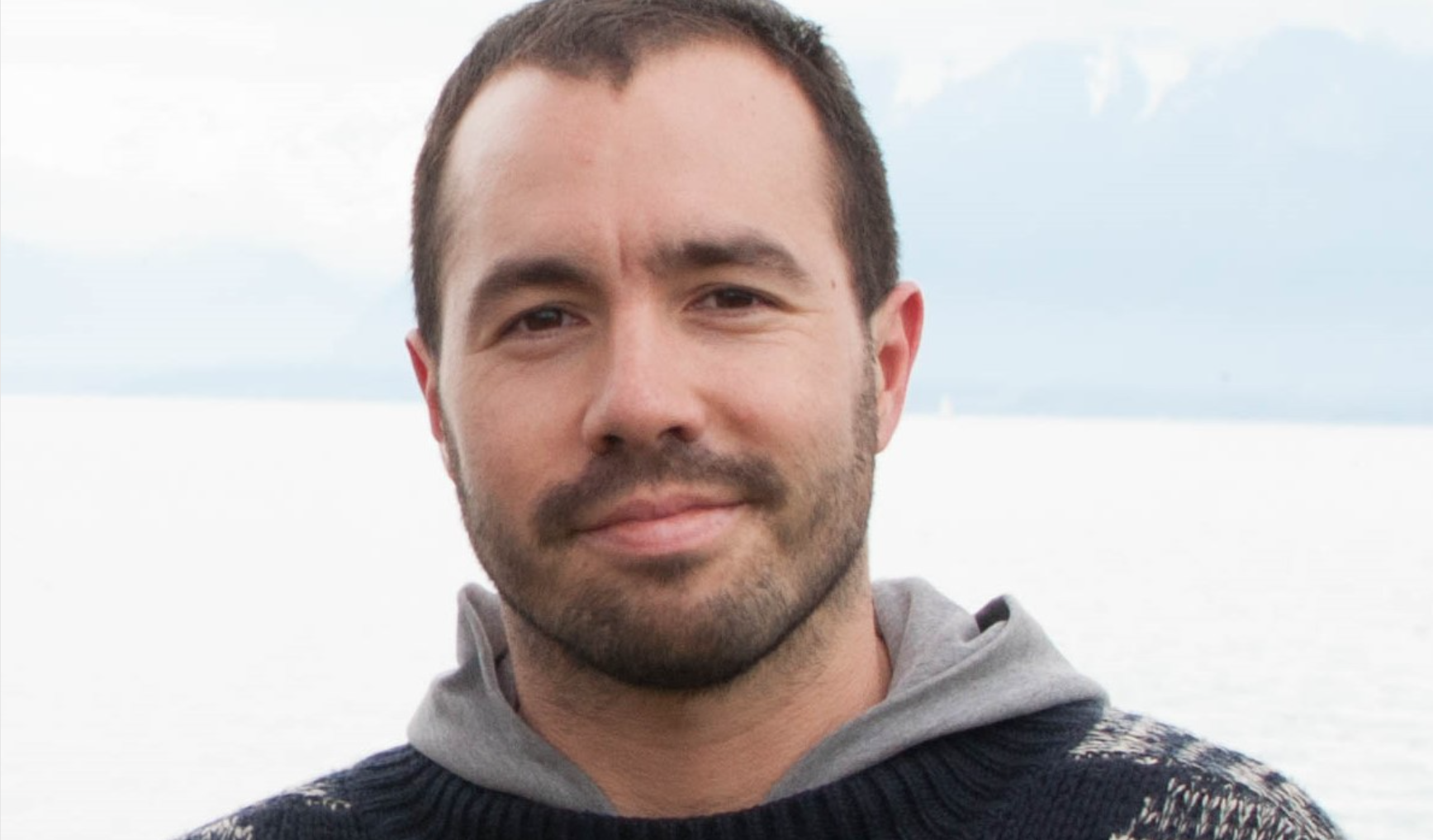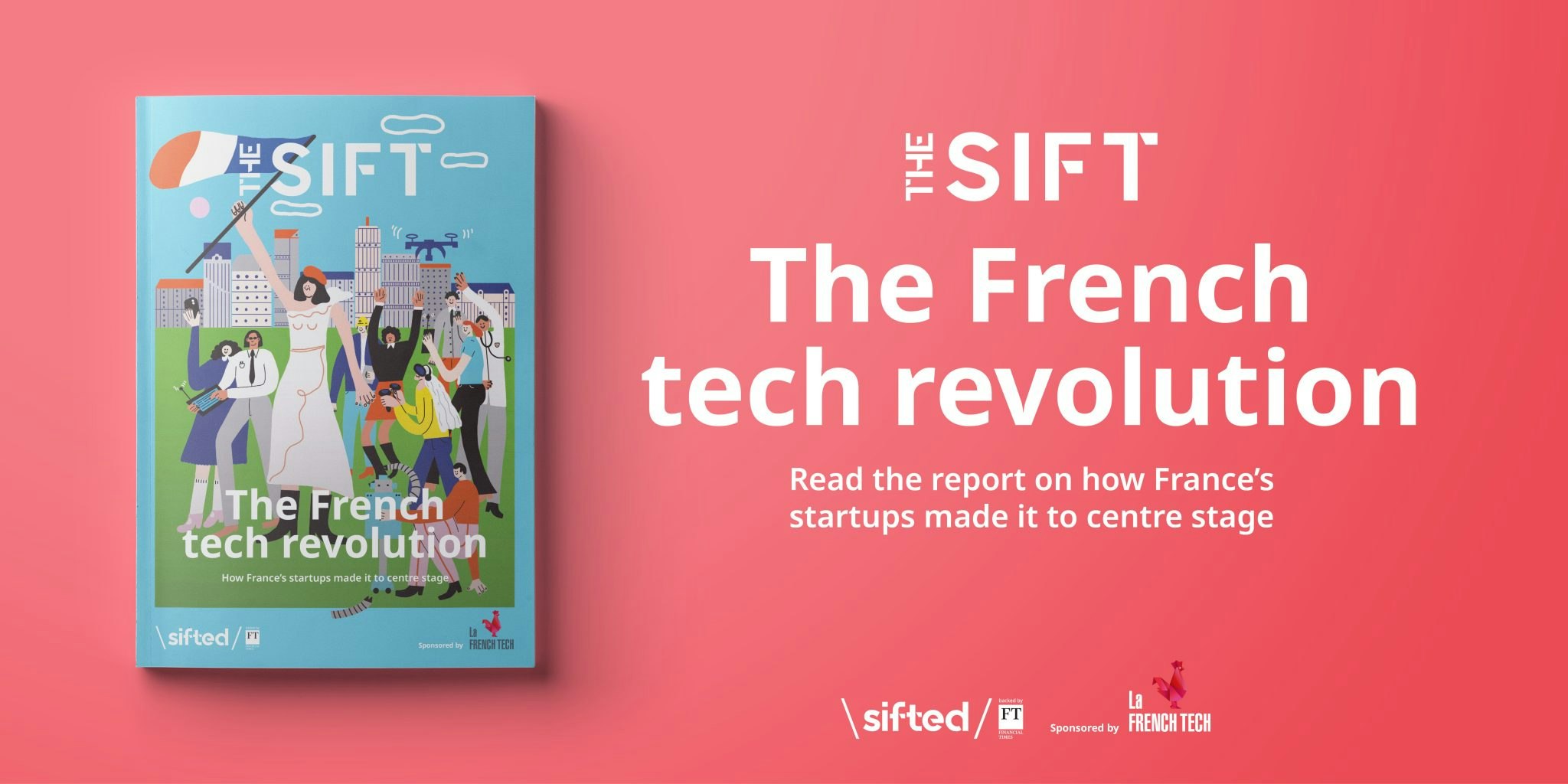This article is part of a series taking a deep-dive into the French tech ecosystem. For more, read the latest Sifted Intelligence report.
Bpifrance has invested over €20bn in French startups across all sectors and industries. But there’s one area that has the state-backed investor particularly excited: deeptech.
Paul-François Fournier, Bpifrance’s executive director in charge of innovation, says the country’s exceptional technical talent pool is a huge competitive advantage in the kind of startups commercialising real scientific discoveries.
“The last 20 years have been about digital, but the next decade will be about deeptech and we have something to offer in this new era,” says Fournier.
Like Fournier, others in France think part of the key to spawning global champions out of France lies in honing the unique skills of local scientists and researchers to come up with the next breakthrough technology. Especially as Covid-19 heightens opportunities.
The race to come up with a cure to Covid-19 and engineer the first vaccine has heightened interest in deeptech, and biotech more specifically, says Christophe Tallec, general director of Hello Tomorrow, a global deeptech community that launched out of Paris.
“Covid has served as an accelerator in some markets,” says Tallec. “In digital health for instance, the virus is helping knock some barriers down and it has freed up access to a lot more data.”

Goldmines in geek-only labs
France’s interest in deeptech long predates the current context.
Deeptech startups are concerned with long term trends, and they’re often described as the bridge between fundamental scientific research and the potential applications deriving from it. They’ll typically take an innovative stance on long-term challenges like reducing our carbon footprint, using data science to power better healthcare, and how humans can cope with the impact of climate change.
“Deeptech is all about long-term trends,” says Tallec. “It targets today the kinds of segments that will have tremendous economic weight and influence [over] our lives in the coming decade.”
Sometimes, that means fundamental research 20 years in the making in a geek-only lab can translate into tomorrow’s business goldmine. “In that respect, France’s strong suit is undeniably its talent pool of technology and science super brains,” says Tallec.
Four French deeptech startups to know
- Exotec: Founded in 2015, it has raised €100m to build intelligent robot fleets that operate in 3D to enhance warehouse automation.
- Kineis: Founded in 2018, it has raised €100m to launch IoT nano-satellites into orbit.
- Aledia: Founded in 2011 as a spin off from French atomic energy agency CEA, it has raised €171m and achieved world-first breakthroughs in silicon chips that enhance microLED displays.
- Owkin: Founded in 2016, it has raised €68.2m and built a virtual lab — a portfolio of AI models and solutions — where pharma companies and academics can access the best models and datasets to accelerate medical research.
France ranked 7th in a 2018 global study of AI startup formation. Moreover, its engineering talent pool is deep and comparatively cheap compared to Silicon Valley, thanks in part to tax incentives for innovative projects.
“We can keep our R&D and tech in France because we have good engineers who are far cheaper than the West Coast,” says Pierre-François Thaler, chief executive of EcoVadis, a ratings platform to assess corporate social responsibility.
Talent is the first reason cited by Tony Fadell when he talks about why he left Silicon Valley and moved to Paris a few years ago to set up a deeptech fund called Future Shape. The inventor of the iPod, a former Apple executive and founder of smart home pioneer Nest, which he sold to Google for $3.2bn (€2.6bn), Fadell is one of the famous names of tech that has helped draw attention to France.
A nation of mathematicians
The French talent pool is world leading in the domain of mathematics and engineering. France has among the highest number of Fields Medal winners — the Nobel Prize equivalent for mathematics, awarded to young researchers for outstanding achievement — on a per capita basis.
Paris-Saclay University is on par with Princeton as the world’s best-rated mathematics school, according to the Academic Ranking of World Universities. French institutions Pierre and Marie Curie University, part of the Sorbonne ensemble, and PSL University Paris are also featured in the top 10.
This institutional heft, and the skilled graduates it has created, are critical to the country’s edge in deeptech, among other areas also including artificial intelligence and clean-tech.

France Digitale’s Nicolas Brien believes the country missed the tech boom of the 1980s and 1990s because academic institutions focused on fundamental maths at a time when UK and US universities shifted resources to applied maths and computer science.
While this left France on the sidelines of the digital revolution so far, “we might have a revenge on history now, because in AI, applied maths is not enough. AI is about huge data sets trained by powerful algorithms,” he says. “We have the knowledge to create and implement powerful algorithms because of this long-standing expertise in fundamental maths'.”
Overcoming obstacles
“France has top-notch mathematicians and AI experts, but it also has world-renowned medical experts and scientists more broadly,” says Hello Tomorrow’s Tallec.
Looking forward though, France’s main challenge will be to focus its efforts on fewer areas, but those where it can really stand out.
“What we’ve seen over the years is that France is really good at a lot of things,” says Tallec. “The problem is it’s not really extraordinarily excellent at [any single] one of those things. What we need going forward is to bring talent more closely together in specialised clusters that can really stand out on the global stage — that’s something that’s starting to emerge in some areas.”
In recent years, there has been a 20% to 30% annual increase in the number of deeptech startups in France. Bpifrance and Kima Ventures are major venture backers of this sector, with early stage venture capital funds also setting up shop in recent years, for example Quantonation, launched in 2018 to focus on ‘deep physics’.
Getting more out of France’s assets, to position the country at the forefront of futuristic breakthrough technologies, is also something Emmanuel Macron’s government has been pushing for. Macron designated AI, cybersecurity and quantum computing as primary areas of focus for France’s future.
“These segments have in common the massive economic weight that they will represent in the coming decade,” says Hello Tomorrow’s Tallec. “And they’re all key to sovereignty concerns.”



